
Man critically injured in Dartmouth motorcycle crash
A man was seriously injured in a crash involving a motorcycle and another vehicle Tuesday in Dartmouth, Massachusetts, police say.

A man was seriously injured in a crash involving a motorcycle and another vehicle Tuesday in Dartmouth, Massachusetts, police say.
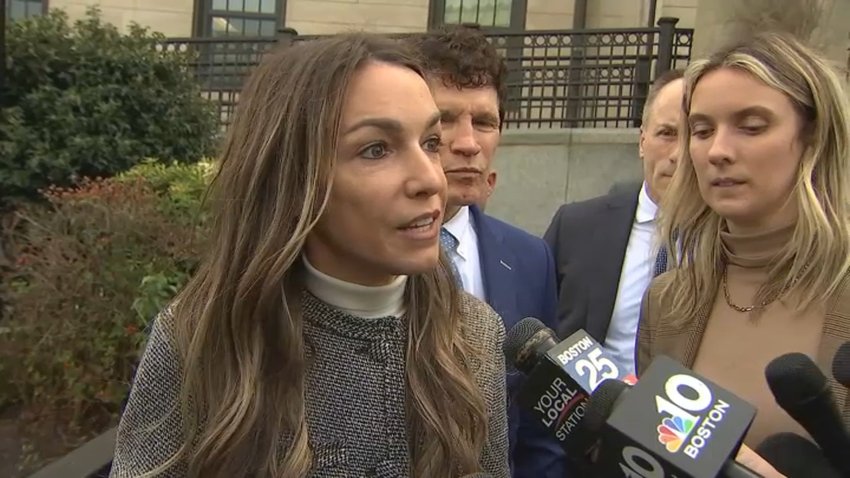
Court is expected to resume Wednesday after an unexpected day off, marking the official 15th day of testimony in Karen Read’s retrial.
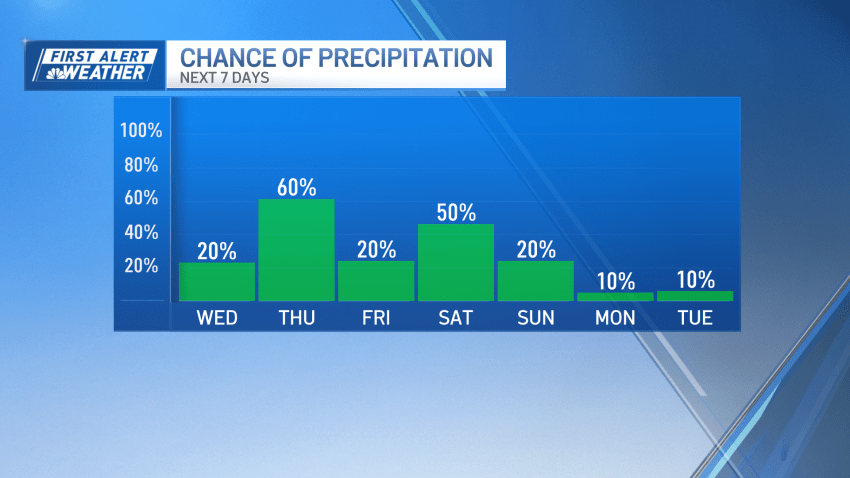
Clouds dominate, but there will be several days that feature very little in the way of rain. And no day appears to be totally washed out at the moment

Boston Celtics star Jayson Tatum underwent surgery to repair a ruptured Achilles tendon after suffering the injury in Game 4 against the New York Knicks

A child was abandoned on the street during a federal immigration operation this month in Waltham, Massachusetts, according to a member of city government.

With just one snap and a quick upload, that grocery receipt can turn into an gift card, thanks to what are known as receipt scanning apps.
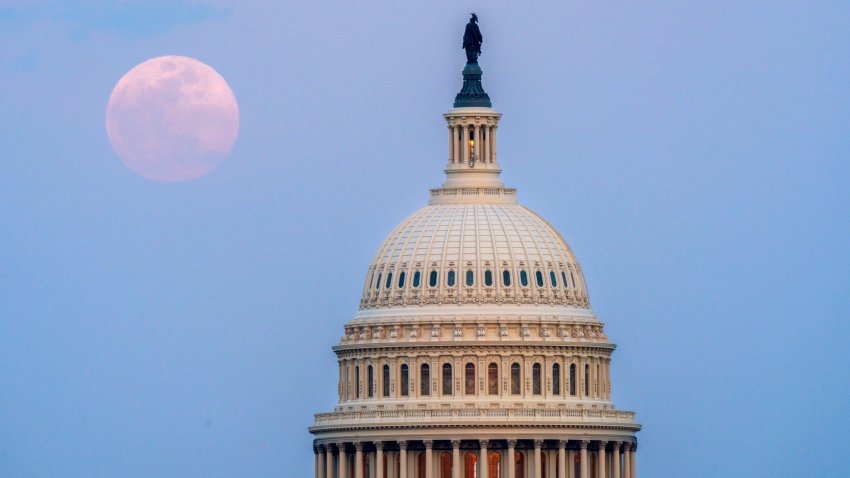
As House lawmakers review a massive budget bill that seeks to find $1.5 trillion in cuts, the process is setting off alarm bells among Massachusetts congressional delegation that Medicaid will be caught in the crosshairs.
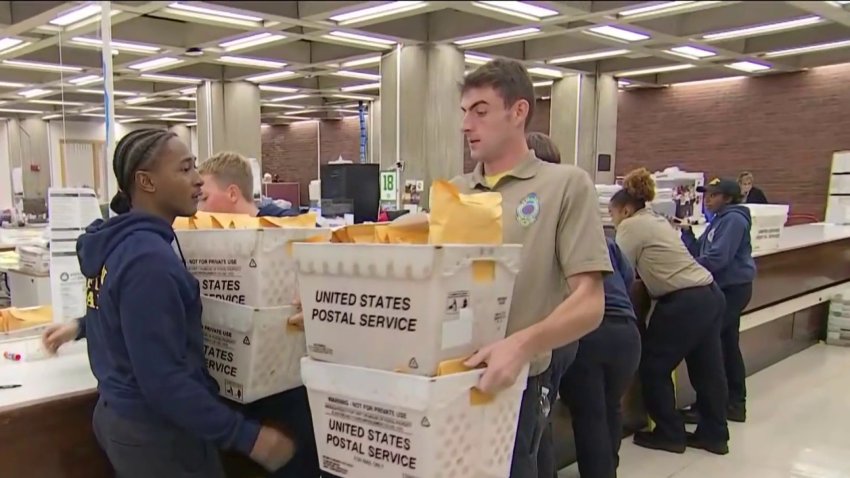
Several polling locations ran out of ballots in Boston in November, and it took the city six months to provide requested emails

Two men were detained by federal immigration agents after one broke the window of a van Tuesday, the latest such incident in Massachusetts
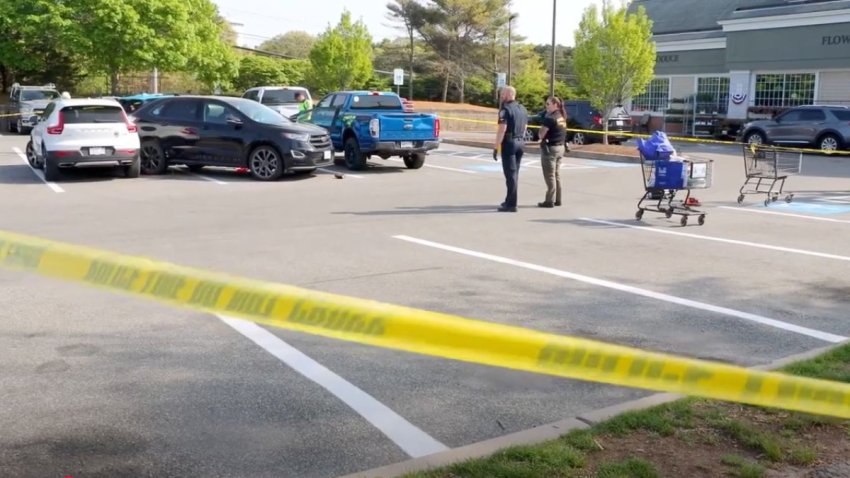
Police in Orleans, Massachusetts, say a driver was hospitalized with serious injuries after hitting parked vehicles and a pedestrian outside Shaw’s

The Celtics could get Sam Hauser back for Game 5 against the Knicks.